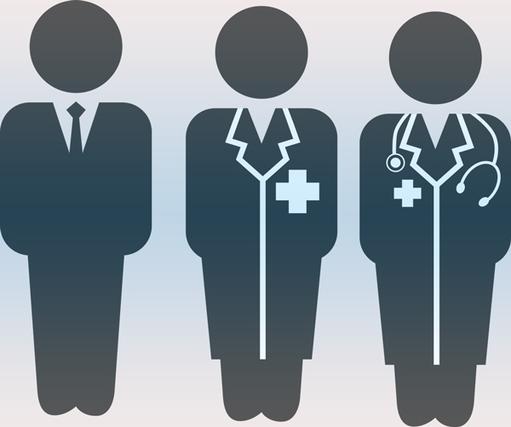Tag

Vidya Kanthi
GPDr. Vidya Kanthi qualified at UCL in 2007 and entered the Specialist GP Register in 2012, subsequently joining the Hertfordshire Performer’s List in 2016. Dr. Kanthi is a Clinical Diabetes Lead in her Clinical Commissioning Group (CCG) and is also a Project Lead for Herts Valleys Integrated Diabetes Service.
In her role as an NHS GP Appraiser, Vidya is responsible for assessing the quality of care provided by a myriad of GP’s across the South East. Dr. Kanthi is also an Educational Supervisor for the national Physician Associate training programme.
view this profile
Dr. Shabana Chaudhari is an expert Private Doctor with over twenty years’ clinical experience.
Following several years as a specialist hospital doctor, as well as having held a number of teaching positions, Shabana obtained her MRCGP (specialist GP Registration) in 2002.
With post-graduate qualifications in Female and Family Health, Dermatology and Occupational Medicine, Shabana is able to diagnose, treat and manage the most challenging of conditions.
Noted for her empathy and understanding, Shabana is rightly one of the most popular Private Doctors in London.
view this profile

Melita Fernandez
Urgent Care ClinicAt Urgent Care of Texas, We provide a wide range of urgent care services whether its non-life threatening injuries or sickness that is keeping you from your daily routine. No appointment needed, most insurances accepted and wait time is always minimal.
For decades health care facilities have been categorized based on health problems, Expecare Family Care & Urgent Care of Texas strives to change that and bring the focus back to the patient. We promise to serve and care for you, any age or gender, with health problems mild or severe, injury or chronic issues. It is about your convenience and comfort.
Specialty Services - Primary Care, Urgent Care, Occupational Health Care, Diagnostic Services, Physical Therapy, IV Infusion, Auto Accident Treatment, Podiatry Treatment, Prep, Iv Nutritional Therapy, Travel Medicine
view this profile
Directory:
Tags:

|
Directory:
Tags:


Sachin Patel
General PractitionerDirectory:
Expertise:
Dr Patel is a GP Principal in West Wandsworth. He looks after a large and diverse diabetic population in Putney & Roehampton and is the lead GP for diabetes at Mayfield Surgery.
He has completed post graduate training in diabetes and is the Clinical Diabetic lead for West Wandsworth on the clinical reference group for Wandsworth CCG.
view this profile
Directory:
Tags:

|
|









